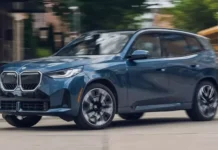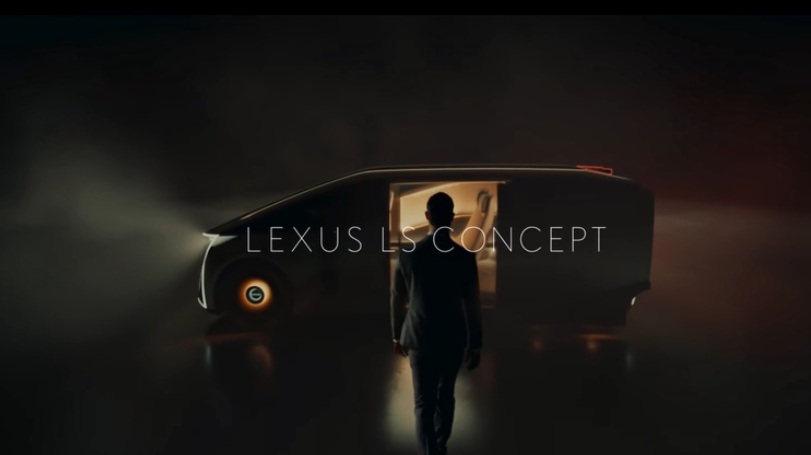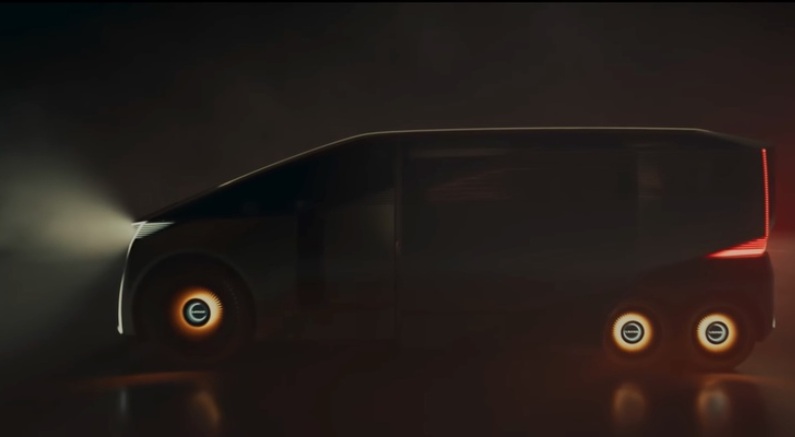Following a record-breaking 2024 with 851,214 global sales, Lexus is poised for the most transformative phase in its brand history.
According to Simon Humphries, Toyota’s Global Brand Director, Lexus is now “in a position to move more freely” and “lead the charge forward.” These seemingly vague statements carry a clear message: Lexus will no longer be bound by old frameworks but will embrace creativity, experimentation, and even challenge established norms.
The first highlight of this shift is a groundbreaking concept set to debut at the 2025 Japan Mobility Show in late October: a six-wheeled MPV—an unprecedented idea in Lexus’s history.
Toyota Chairman Akio Toyoda revealed that this ultra-luxury MPV might be named “LS,” a designation previously reserved for Lexus’s flagship sedan for over three decades.
Toyoda emphasized that the “S” in “LS” will no longer stand for “Sedan” but for “Space,” symbolizing Lexus’s new luxury philosophy: redefining opulence beyond aesthetics or design to encompass a holistic travel experience.
Lexus’s consideration of transforming the LS into a six-wheeled MPV is not just bold but strategically significant, especially as the premium MPV segment booms in China.
In this market, the trend of “rear-seat-focused vehicles” is gaining traction, with Chinese entrepreneurs and elites favoring luxury MPVs for their spaciousness, amenities, and privacy.
Against this backdrop, Lexus’s introduction of a fully electric, six-wheeled MPV not only aligns with market trends but also redefines luxury in a way that sets it apart from European competitors.
Insider sources indicate that production of the current LS sedan is nearing its end. Lexus has no plans for a next-generation traditional sedan. Instead, the future LS will transition to an MPV format, abandoning internal combustion engines for a pure electric (BEV) platform.
This decision marks a historic turning point for Lexus, a brand born from the 1989 LS400 sedan.
While iconic, the idea of a six-wheeled minivan named LS has sparked debate among Lexus enthusiasts. Some argue it strays too far from the brand’s sedan-centric DNA, while others believe such boldness is essential for Lexus to remain competitive in the electric vehicle era.
To date, Toyota has not confirmed commercial production plans. The concept is likely to debut at the 2025 Japan Mobility Show, with a potential commercial version not expected before 2027.
Despite skepticism, Toyota’s willingness to let Lexus explore “non-traditional” ideas signals a profound shift in the Japanese automaker’s mindset. Lexus is no longer merely “Toyota’s luxury brand” but is empowered to forge its own identity—where luxury is defined by creative freedom and distinctive experiences.
TH (Tuoitrethudo)















































